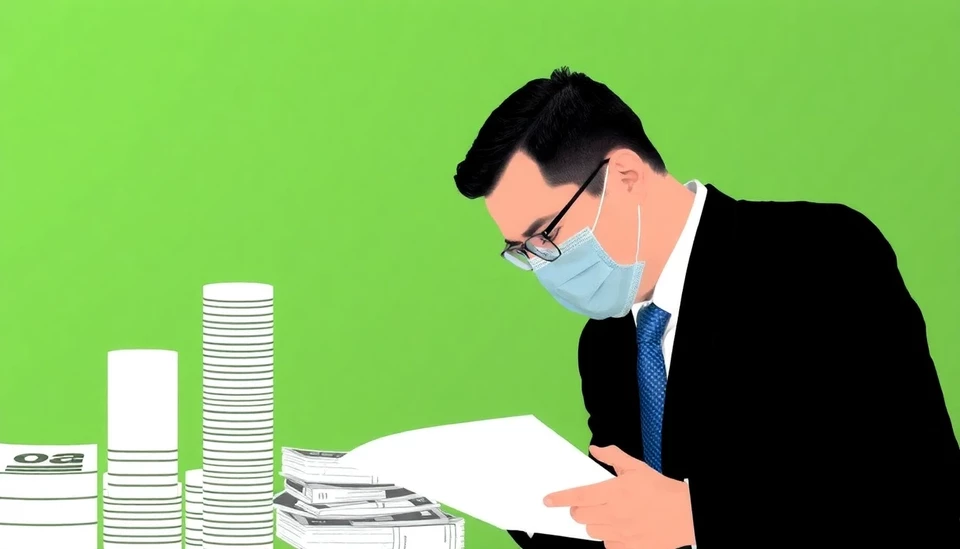
The Israeli government is expressing a sense of cautious optimism regarding the nation's economic recovery, suggesting that the most challenging phase of its war-affected economy may soon be behind it. Following a tumultuous period marked by conflict, officials claim signs of stabilization are becoming increasingly evident.
In the wake of the October military operations in Gaza, the Israeli government had initially anticipated a sharp economic downturn characterized by reduced consumer spending and investment, primarily due to anxieties surrounding safety and geopolitical stability. However, recent reports indicate a slow but steady resurgence in economic activity, with key indicators reflecting a potential rebound.
According to Israel’s Finance Ministry, there has been a noticeable increase in retail sales and a recovery in tourism, which is one of the most crucial sectors for the country. The ministry's assessments suggest that the economy, which faced significant contraction immediately following the military conflict, is witnessing a revival as citizens begin to return to their day-to-day activities and businesses resume operations.
In a recent press briefing, Finance Minister Bezalel Smotrich highlighted that although the situation remains tenuous, the past weeks have shown promising trends. “Our forecasts indicate that we're moving towards stabilization,” Smotrich stated, emphasizing the resilience of the Israeli economy and its capacity to adapt to adverse conditions.
Supporting this optimistic view, data from the Central Bureau of Statistics shows an uptick in exports, driven by continued global demand for technology and defense-related products. These sectors have historically been the backbone of Israel’s economy, providing a buffer against downturns that might affect other industries more severely. Analysts suggest that this resilience is indicative of a more robust underlying economic structure.
Additionally, the Bank of Israel has taken measures to inject liquidity into the economy, which is expected to bolster growth in the coming months. Interest rates have been maintained at low levels to encourage borrowing and spending, which is crucial for economic revival after the shocks experienced during the conflict.
However, experts caution against premature celebrations. While the immediate signs are promising, the longer-term outlook remains uncertain. Factors such as regional security issues, global economic conditions, and the potential for renewed escalations in conflict could impede recovery efforts. Moreover, the toll on the labor market and social fabric due to the conflict cannot be understated.
As the government counts on improved economic conditions to stabilize public sentiment, the sustainability of this recovery will hinge on both internal policies and external dynamics. Ensuring that growth is coupled with job creation and support for those most affected by the conflict will be essential in restoring confidence among citizens.
In summary, while Israeli leaders are optimistic about economic recovery post-conflict, it remains critical for both policymakers and citizens to remain vigilant and adaptable to the evolving situation. Signs of improvement in retail, tourism, and exports signify a potential turning point, but caution is advised as the economic landscape continues to develop.
#IsraelEconomy #EconomicRecovery #PostConflict #FinanceMinister #GazaConflict #RetailGrowth #TourismRevival #BankofIsrael
Author: Rachel Greene
